Se busca una persona, con alta motivación y capacidad de trabajar en equipo, interesada en realizar la tesis doctoral sobre el manejo sostenible de sistemas agrícolas en ambientes semiáridos. Concretamente, en el proyecto de investigación se incluyen diversos aspectos biofísicos (regeneración del suelo, mejora de la fertilidad y secuestro de carbono, biodiversidad, estado hídrico y nutricional del cultivo, producción, control de la erosión y regulación de los ciclos hidrológicos, y mitigación y adaptación al cambio climático) y socio-económicos (análisis coste-beneficio, externalidades) que ayudaran a demostrar los múltiples beneficios de convertir sistemas convencionales de monocultivo de leñosas de secano (almendros) en sistemas diversificados (que combinen varios cultivos), en combinación con abonados verdes e integrados (manejando la cubierta vegetal con ganadería). La propuesta de tesis se enmarca en el proyecto del Plan Nacional: “DEMOSTRANDO Y EVALUANDO PRÁCTICAS AGRÍCOLAS SOSTENIBLES PARA OPTIMIZAR LOS SERVICIOS ECOSISTEMICOS EN SISTEMAS LEÑOSOS DE SECANO”
La tesis se llevaría a cabo en el Departamento de Conservación de Suelos y Agua del Centro de Edafología y Biología Aplicada del Segura (CEBAS-CSIC) en Murcia en colaboración con el Departamento de Recursos Naturales y Forestales del IFAPA Camino de Purchil en Granada, y el trabajo de campo se realizaría en varias fincas localizadas entre Murcia, Almería y Granada.
Requisitos:
Licenciatura en Ciencias Ambientales, Biología o Agronomía posterior a 2017 (nota mínima equivalente a un 8 sobre 10).
- Matrícula en un programa de doctorado del curso 2021/2022 o bien preinscripción, admisión o matriculación en un programa de doctorado del curso 2022/2023
- Empadronados/as en el municipio de la Región de Murcia al menos desde el 1 de enero de 2021.
- Los/las interesados/as pueden contactar por e-mail enviando su Curriculum Vitae, una carta de motivación, y la nota de expediente académico antes del día 24 de septiembre 2022.
Contactos:
María Martínez-Mena (mmena@cebas.csic.es)
María Almagro (maria.almagro.bonmati@juntadeandalucia.es)
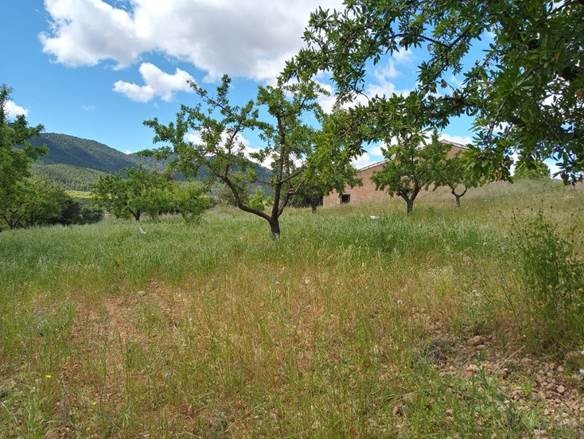
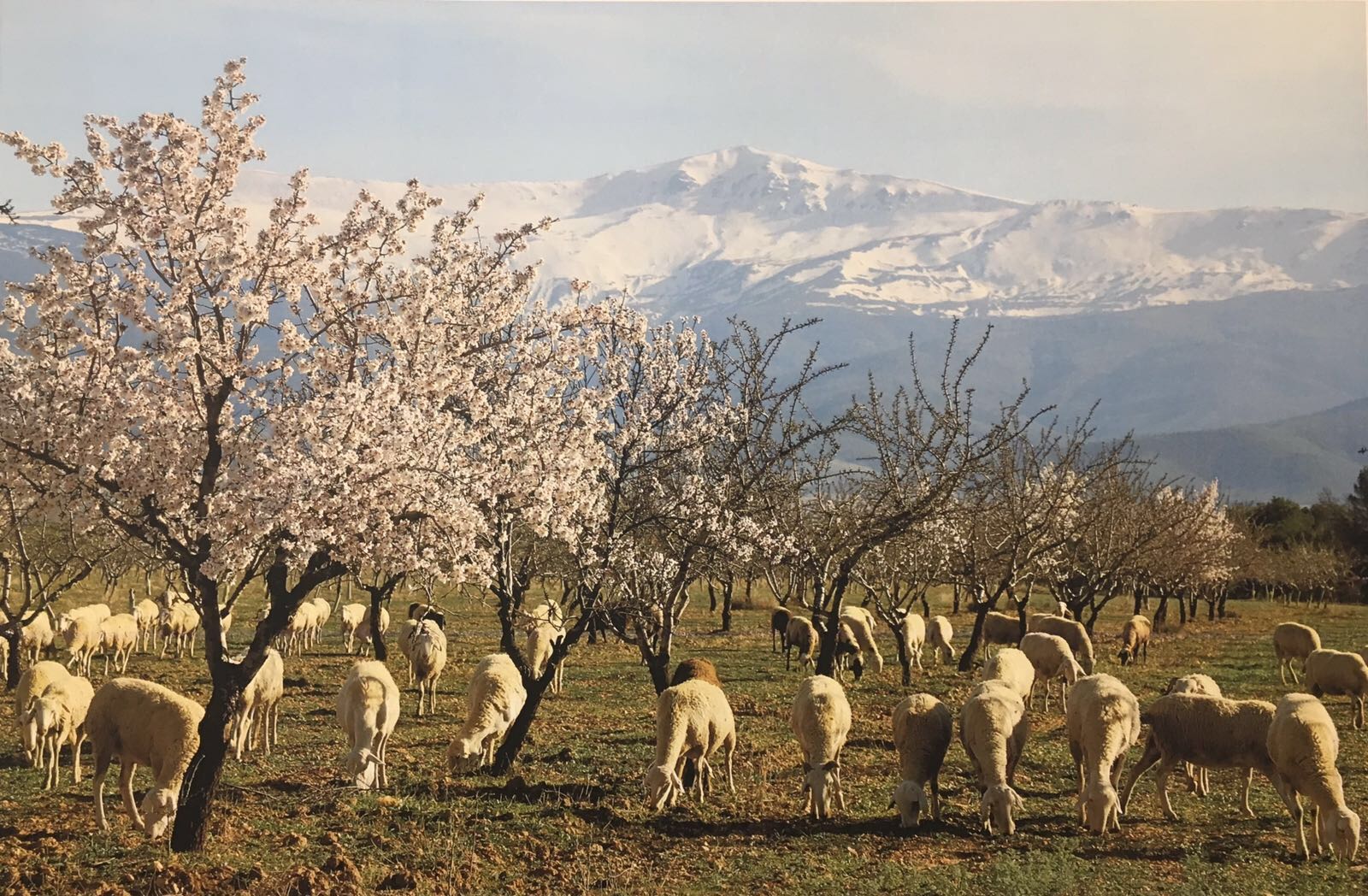
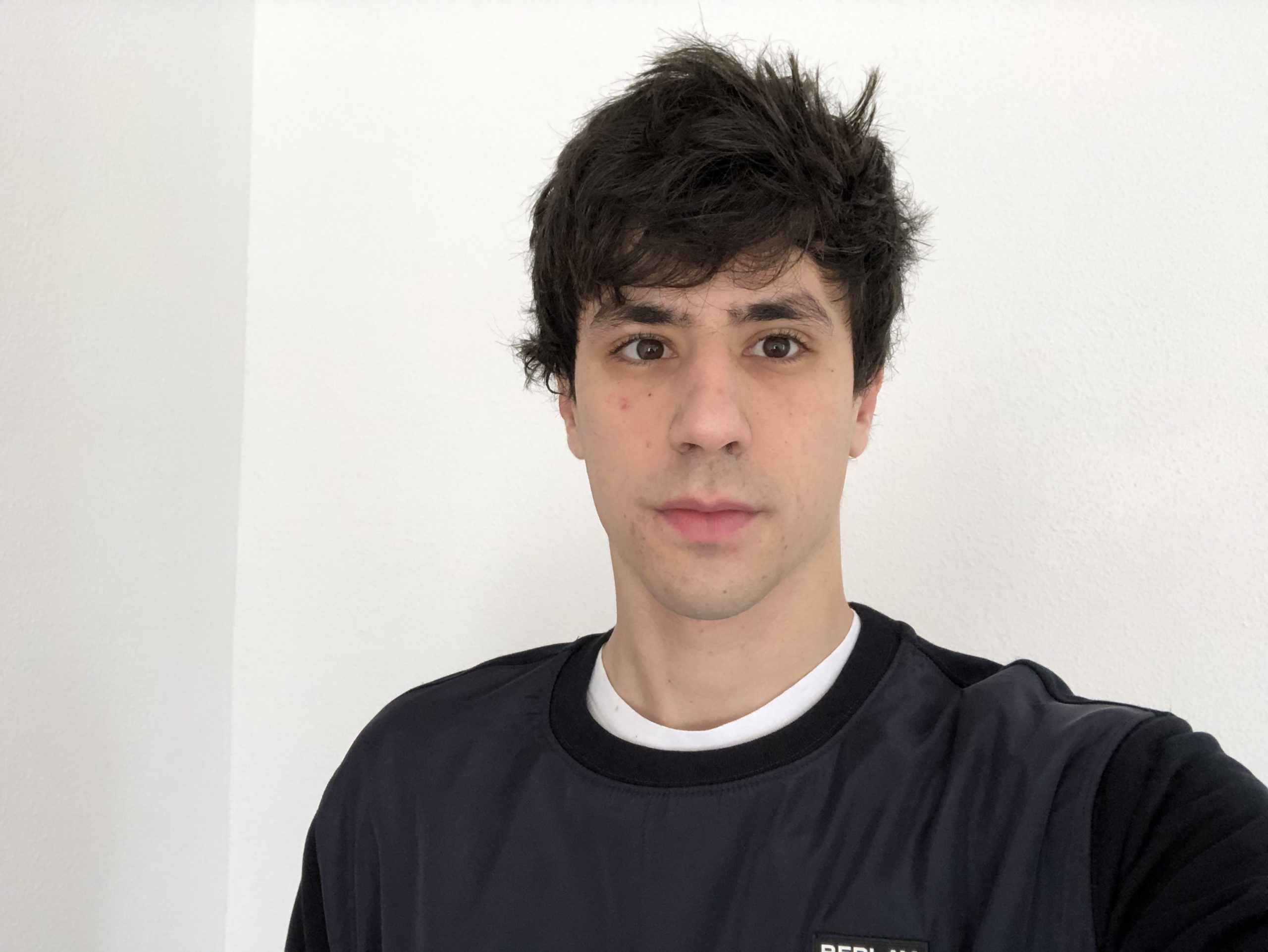
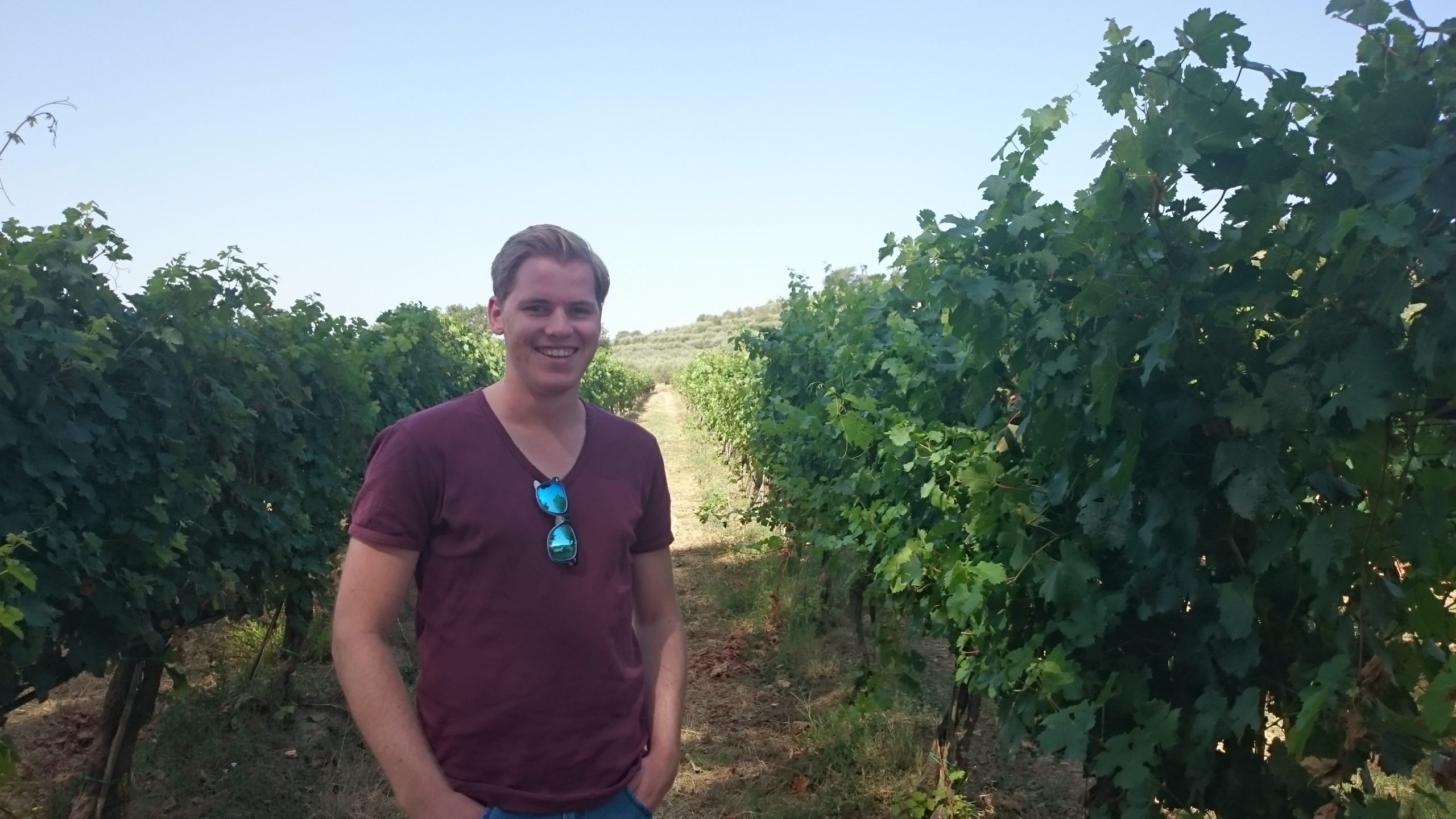
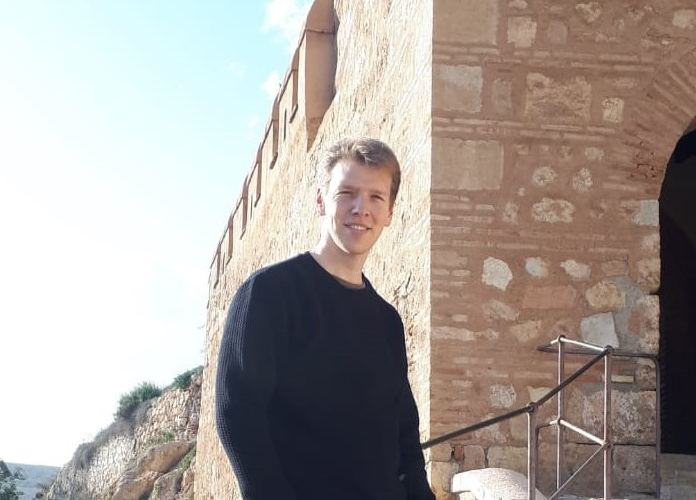
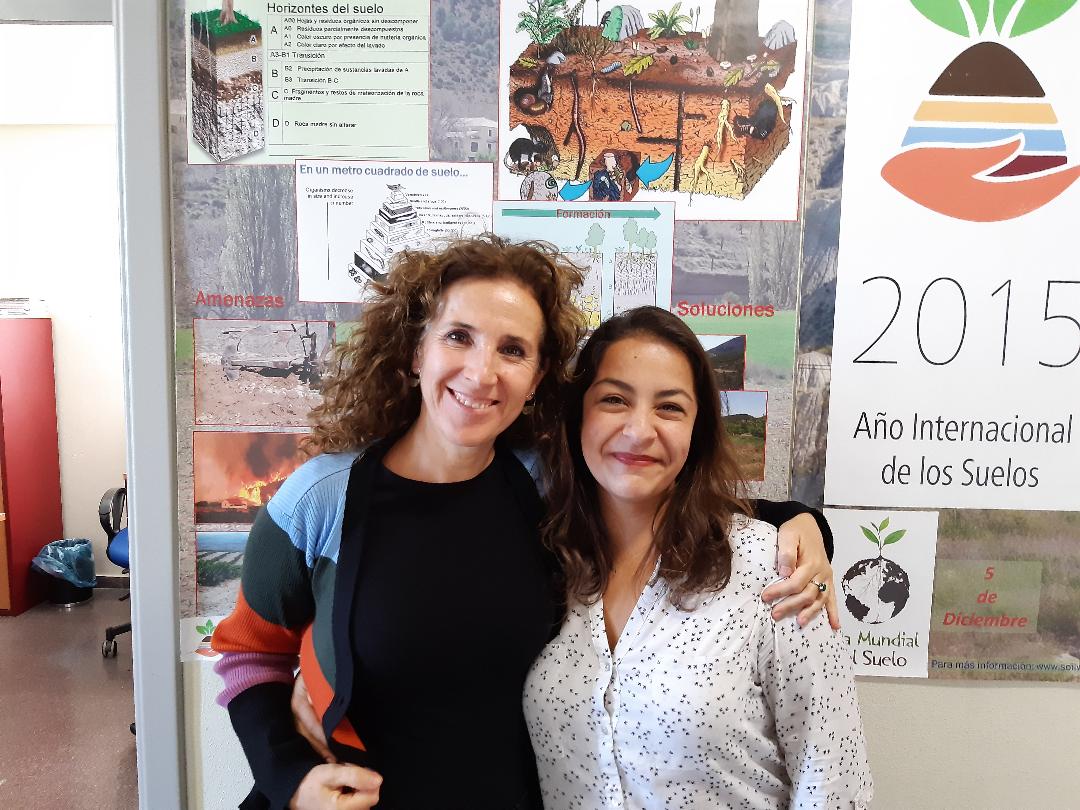
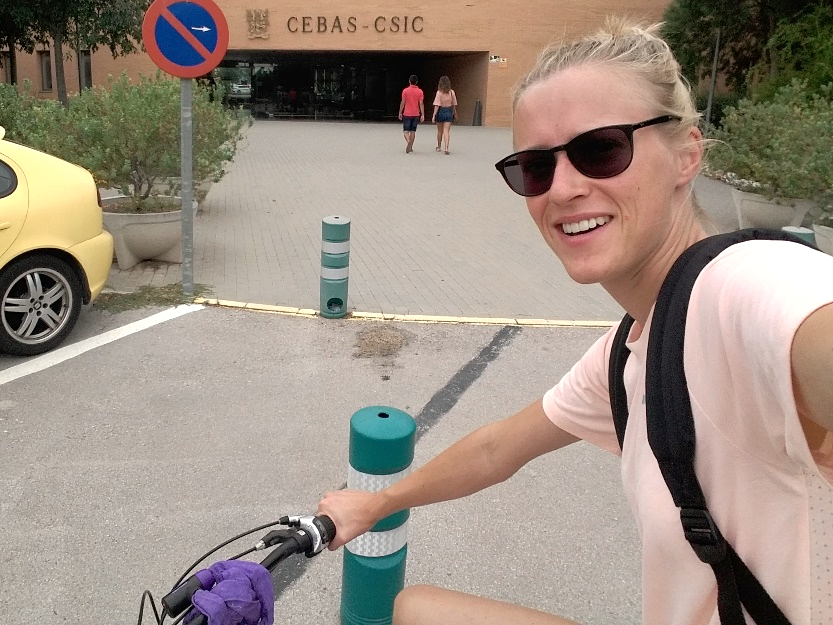


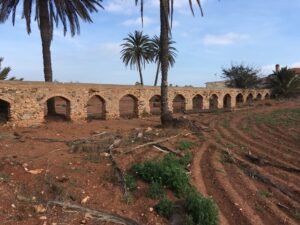 restoration based on sustainable business models. The course takes a partnership approach to take on the challenge of large-scale landscape restoration, reflecting the interconnectedness of ecology, society and economy in landscape management – supporting wellbeing of people and the planet.
restoration based on sustainable business models. The course takes a partnership approach to take on the challenge of large-scale landscape restoration, reflecting the interconnectedness of ecology, society and economy in landscape management – supporting wellbeing of people and the planet.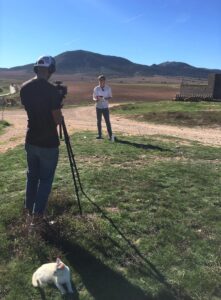 essful implementation of a new business model for sustainable landscape restoration based on four different returns: return of natural and social capital, return of inspiration and return of financial capital. Each step of the process is illustrated with three real-life cases of landscape restoration to show how the theory looks in practice. These cases are: a case about crop diversification and low input farming in Spain; a large-scale woodland restoration case in Iceland; and a case about the challenges of recovering from forest fires in Portugal.
essful implementation of a new business model for sustainable landscape restoration based on four different returns: return of natural and social capital, return of inspiration and return of financial capital. Each step of the process is illustrated with three real-life cases of landscape restoration to show how the theory looks in practice. These cases are: a case about crop diversification and low input farming in Spain; a large-scale woodland restoration case in Iceland; and a case about the challenges of recovering from forest fires in Portugal.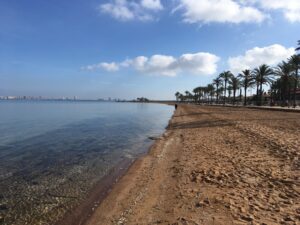 s+ programme of the European Union. The partnership is led by Rotterdam School of Management, Erasmus University (RSM) and consists of the Spanish National Research Council (CEBAS-CSIC), Commonland, United Nations University Land Restoration Training Programme (UNU-LRT), and Nova School of Business and Economics.
s+ programme of the European Union. The partnership is led by Rotterdam School of Management, Erasmus University (RSM) and consists of the Spanish National Research Council (CEBAS-CSIC), Commonland, United Nations University Land Restoration Training Programme (UNU-LRT), and Nova School of Business and Economics.